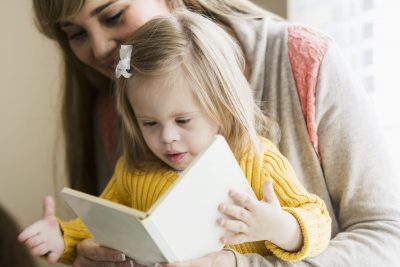Standard 3: Topics

Each of the standards has two or more components that further describe what is meant by the standard for a total of 27 components across the seven standards. This section identifies, what learners should know and be able to do based on that component to facilitate positive outcomes for children and families.
Component 3.1
Learners apply teaming models, skills, and processes, including appropriate uses of technology, when collaborating and communicating with families; professionals representing multiple disciplines, skills, expertise, and roles; and community partners and agencies.
Learners who have mastered this component know and understand:
- Teaming models
- Teaming skills and processes, including uses of technology
- Skills, expertise, and roles of professionals from other disciplines
Learners who have mastered this component are able to:
- Apply teaming models, such as primary service provider, trans-disciplinary, interdisciplinary, and multidisciplinary
- Apply teaming skills and processes, such as using technology, problem-solving, conflict resolution, joint decision-making, role release, group facilitation, and communication
- Participate in and lead team meetings
- Collaborate and communicate with families, other professionals, and community partners and agencies
Component 3.2
Learners use a variety of collaborative strategies when working with other adults that are evidence-based, appropriate to the task, culturally and linguistically responsive, and take into consideration the environment and service delivery approach.
Learners who have mastered this component know and understand:
- Adult learning strategies
- Components of the coaching model
- Components of the consultation process
Learners who have mastered this component are able to:
- Use a variety of evidence-based collaborative strategies
- Use a variety of collaborative strategies to increase the effectiveness of meetings that are appropriate to the situation and environment, needs of the families and professionals, and service delivery approach
- Use collaborative strategies that are culturally and linguistically responsive and affirming
- Use collaborative strategies appropriate to the learning environment and service delivery approaches such as consultation, coaching, and co-teaching
Component 3.3
Learners partner with families and other professionals to develop individualized plans and support the various transitions that occur for the young child and their family throughout the birth through 8 age span.
Learners who have mastered this component know and understand:
- Legal requirements and evidence-based practices in developing individualized plans
- Legal requirements and evidence-based practices in developing transition plans
Learners who have mastered this component are able to:
- Provide families with information to support them in advocating for their child
- Partner with families and other professionals to:
- Develop and implement individualized plans (e.g., IFSP, IEP)
- Develop and implement individualized transition plans that include strategies before, during, and after transition (e.g., early intervention to preschool, preschool to kindergarten)